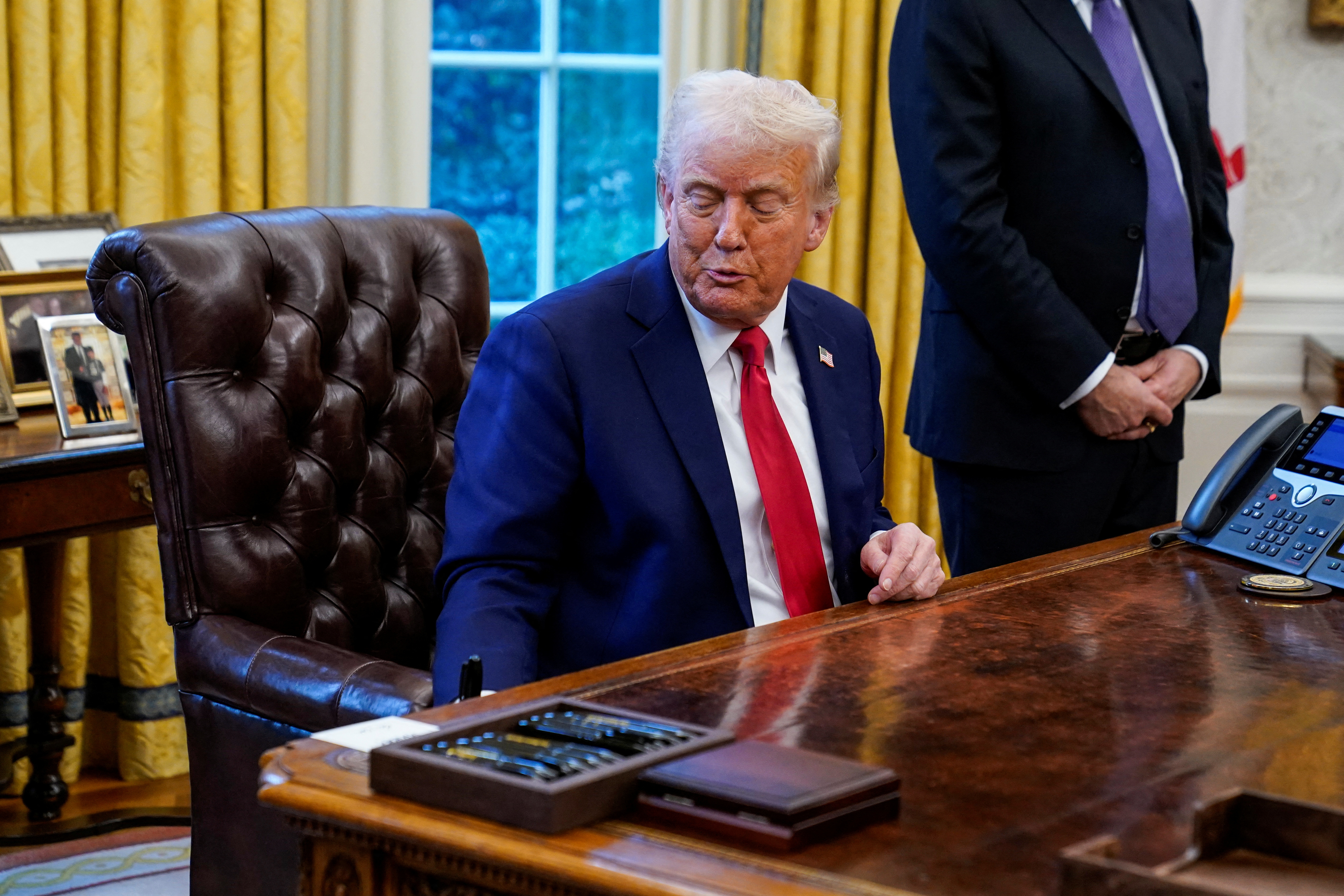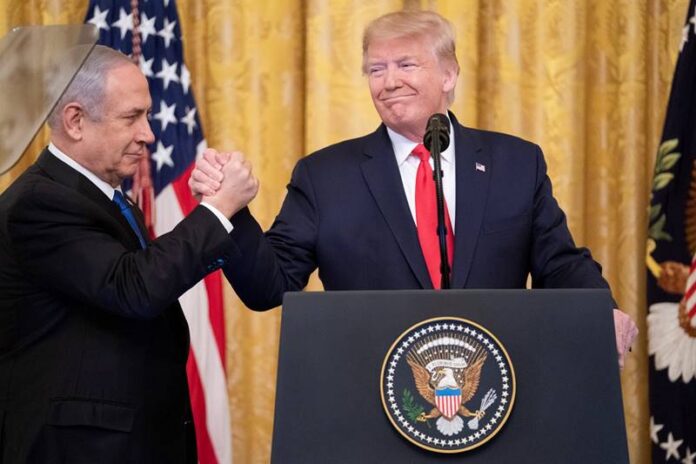U.S. Trusteeship Proposal Emerges
A controversial post-war proposal circulating inside the Trump administration outlines a sweeping plan to place Gaza under American trusteeship for at least ten years while offering financial incentives for Palestinians to leave the enclave. According to a 38-page document reviewed by The Washington Post, the initiative, dubbed the Gaza Reconstitution, Economic Acceleration and Transformation Trust (GREAT Trust), aims to transform the war-torn strip into a modern hub of resorts, technology, and smart cities.
The plan surfaced after a White House meeting on Wednesday in which President Donald Trump discussed Gaza’s future with senior officials including Secretary of State Marco Rubio, special envoy Steve Witkoff, former British Prime Minister Tony Blair, and Trump’s son-in-law Jared Kushner.
Trump, who has repeatedly described Gaza as a “prime piece of real estate,” envisions converting it into what he calls the “Riviera of the Middle East.”
Financial Incentives for Relocation

At the heart of the proposal lies an incentive package intended to encourage Palestinians to leave Gaza. Each individual who agrees to relocate would be offered $5,000 in cash, four years of rent subsidies, and one year’s worth of food assistance.
The plan estimates that around 25 percent of Gaza’s 2.1 million residents would opt to relocate during the reconstruction phase, with the majority of those choosing permanent resettlement abroad. Property owners, meanwhile, would receive “digital tokens” exchangeable for future apartments in newly developed smart cities or for land development rights.
The financial framework, reportedly drafted with input from consultants linked to the Boston Consulting Group, projects a fourfold return on a $100 billion investment over a decade. However, BCG has publicly distanced itself from the effort, stating the work was unauthorized and resulted in the dismissal of two senior partners earlier this year.
Building the “GREAT Trust”

The GREAT Trust would serve as the primary vehicle for Gaza’s reconstruction. Modeled partly on previous U.S. reconstruction programs in post-conflict regions, the fund aims to attract both private and sovereign investment to support large-scale development.
According to the document, investors would gain from real estate appreciation and infrastructure projects, while the displaced Palestinian population would, in theory, have opportunities to resettle in host countries with financial assistance.
Supporters of the plan describe it as a pragmatic approach to rebuilding Gaza while addressing security concerns for Israel. Critics, however, say it represents a thinly veiled population transfer scheme.
Humanitarian and Legal Concerns
Humanitarian organizations and international law experts have sharply criticized the plan. The Palestinian Authority labeled similar proposals “genocidal,” accusing the Trump administration and its allies of pursuing policies of “systematic killing, starvation, and forced displacement.”
Israeli legal scholars have also raised alarms, noting that relocating an entire civilian population could constitute a breach of international law and potentially amount to war crimes. United Nations officials have characterized the plan as ethnic cleansing and warned it could lead to widespread civilian deaths.
The proposal also builds upon the Gaza Humanitarian Foundation (GHF), a joint U.S.-Israeli aid program that has already come under scrutiny. Since its establishment in May 2025, UN reports indicate more than 1,000 Palestinians have been killed near aid distribution points, many while trying to obtain food.
Military Context in Gaza
The plan’s disclosure comes amid intensifying military operations in Gaza. Israeli forces have advanced deeper into the suburbs of Gaza City, which they describe as Hamas’s final stronghold. Prime Minister Benjamin Netanyahu’s security cabinet met on Sunday to discuss strategies for seizing control of the city.
Israel has designated Gaza City a “dangerous combat zone,” ending temporary humanitarian pauses that previously allowed limited aid to enter. Officials claim Israeli forces now control approximately 75 percent of the enclave.
The timing of the proposal reflects Trump’s February 2025 declaration that the United States should “take over” Gaza, rebuild it, and repurpose it into a resort destination once Palestinians are resettled elsewhere.
White House and International Response
Although the White House has not formally commented on the GREAT Trust, Trump’s envoy Steve Witkoff defended the initiative, describing it as evidence of the president’s “humanitarian motives.” He predicted that the war in Gaza would conclude by the end of the year and that reconstruction efforts would soon begin.
The international response, however, remains largely negative. European diplomats have expressed concern over the legality and feasibility of mass relocation, while UN agencies have warned that such measures would trigger new waves of instability across the Middle East.
A Contentious Future
The proposal underscores the stark divisions surrounding Gaza’s future. For Trump and his allies, the plan represents an ambitious attempt to reshape the territory into a profitable Mediterranean destination. For Palestinians and international rights groups, it signals forced displacement under the guise of economic opportunity.
As the conflict rages on and humanitarian conditions worsen, the question remains whether this proposal is a genuine post-war strategy, or an unworkable vision likely to fuel further controversy and conflict.
Sources: The Times of Israel

